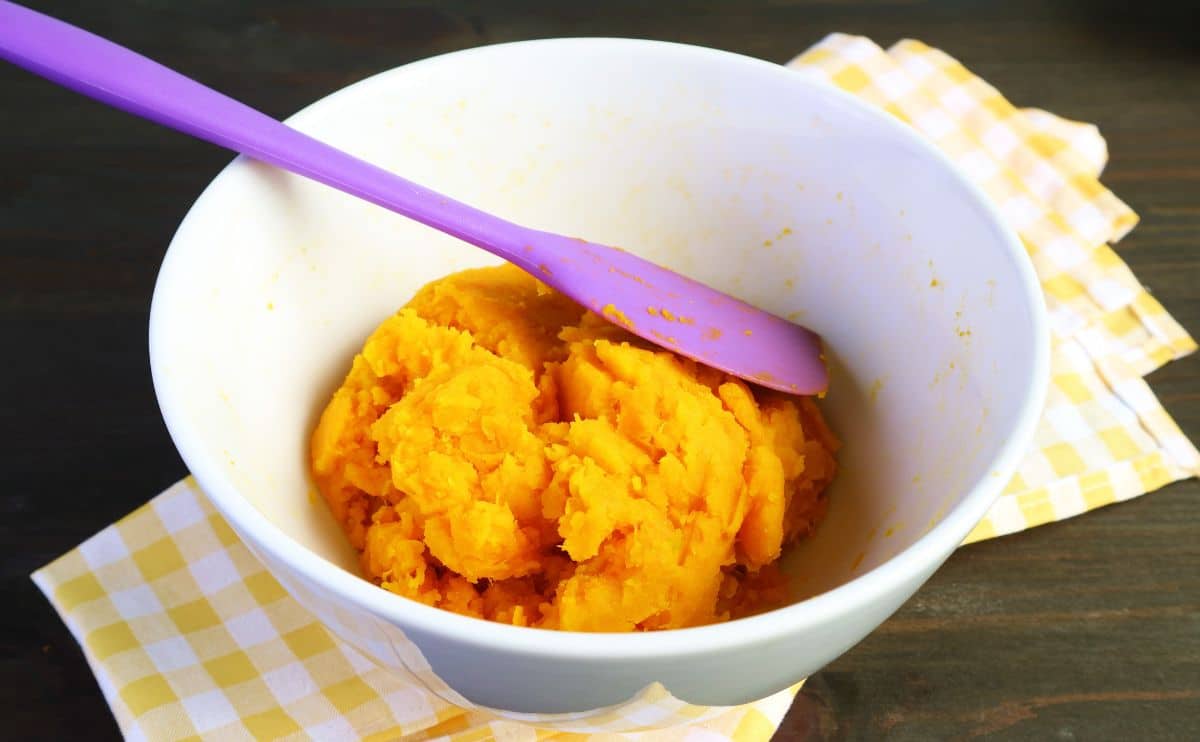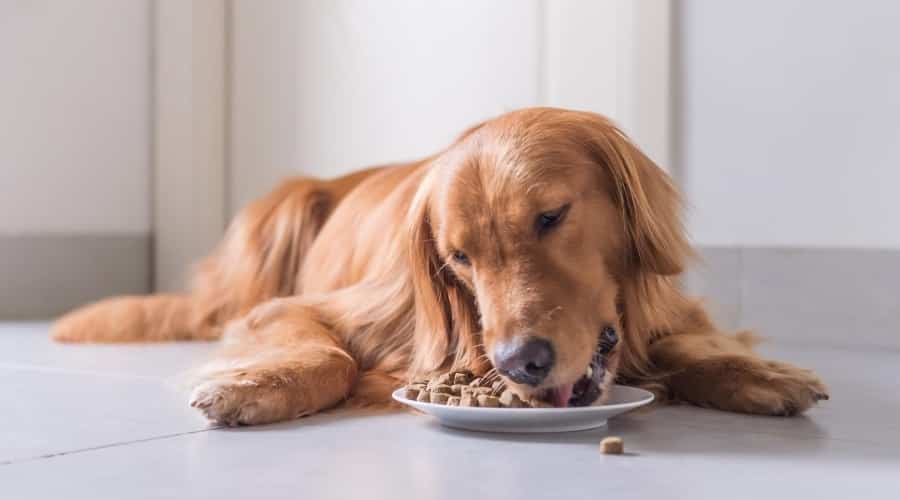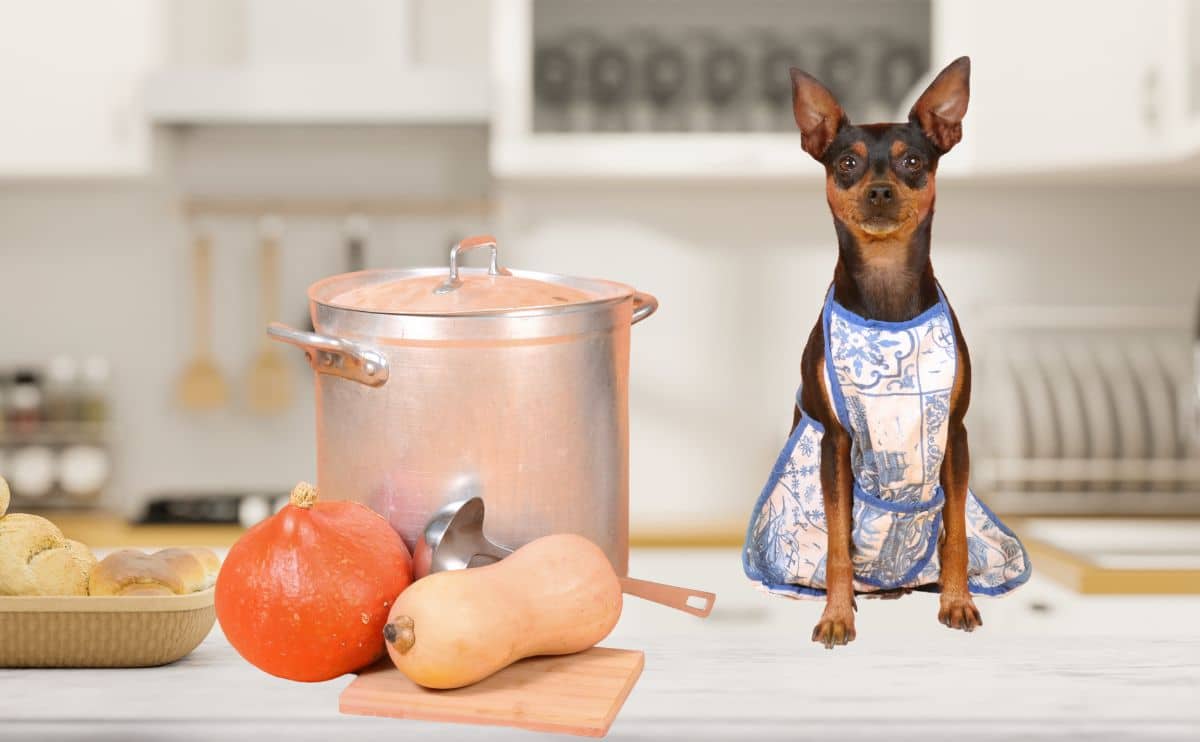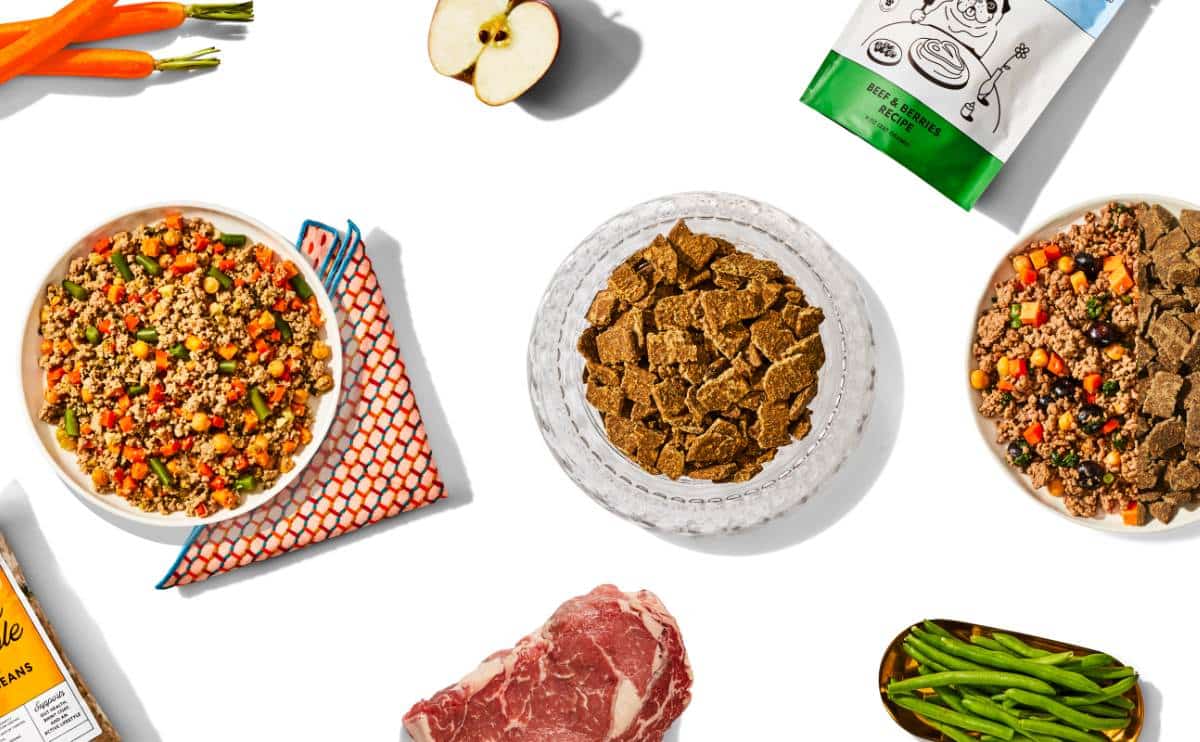Can Dogs Eat Onions? Are Onions Toxic or Bad For Dogs?
When you purchase through links on our site, we may earn a commission. Here’s how it works.
Many of us find onions to be a delicious and flavorsome addition to our dinner. But are they safe to share with our doggy friends? Unfortunately, though onions are perfectly safe for human consumption, they are highly toxic to dogs. Onions should never be fed to our canine companions.
Table of Contents
Onion toxicity is a nasty one for dogs, as it has the potential to harm the body in multiple ways. Onions are highly irritant to your dog’s gut, and eating them often results in excessive drooling, vomiting, a sore tummy, and diarrhea. Even worse, these unwanted effects are just the tip of the iceberg when it comes to how dangerous onions can be!
If your pup recently consumed onions, the first thing you should do is contact your veterinarian, immediately. Read on to find out all you need to know about onions and dogs.
Why Are Onions Toxic To Dogs?
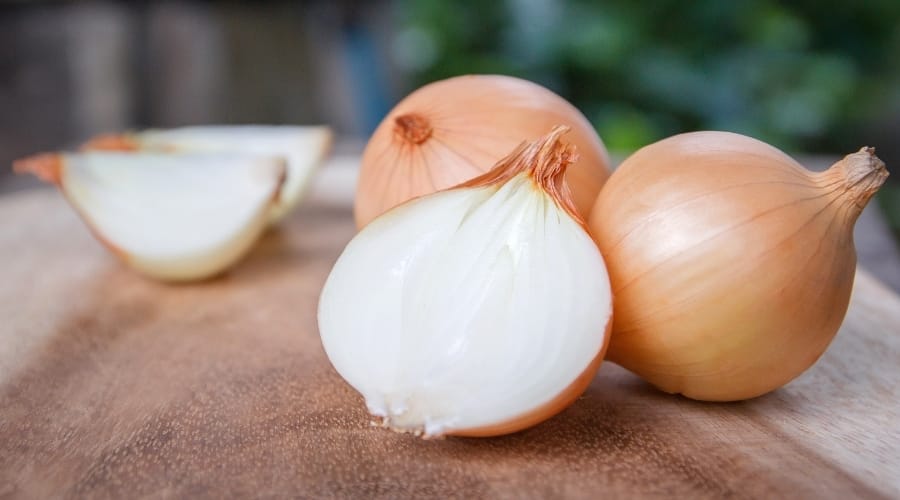
Onions also contain a chemical called N-propyl disulfide. It causes oxidative damage to red blood cells, resulting in their destruction (a process known as hemolytic anemia). The destruction of these red blood cells means there aren’t enough cells circulating the body- we call this anemia.
Without enough blood cells, not enough oxygen is moved around the body, causing organ damage. Anemia is hard to spot and can be fatal, so this is why onions are especially dangerous to dogs.
What Are The Symptoms and Timing?
Signs related to an upset tummy such as loss of appetite, drooling, vomiting, and diarrhea may be seen as soon as 30 minutes after your dog has eaten the onion. Unfortunately, the more deadly effects of hemolytic anemia can take days to fully reveal themselves and include:
- Lethargy
- Exercise intolerance
- Pale gums
- Weakness
- Breathing faster than normal
- Increased heart rate
- Red/brown-colored urine
- Collapse
If your dog is showing any of these signs, seek veterinary care immediately.
How Much Onion Will Harm a Dog?
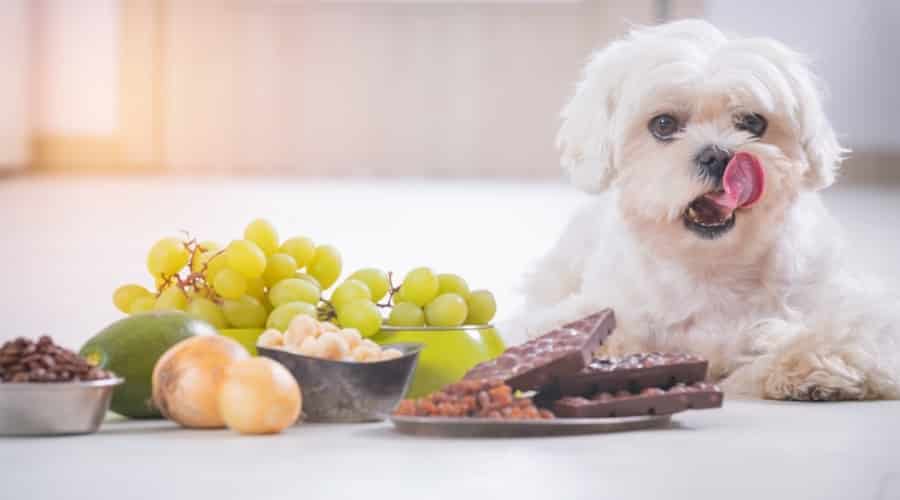
Eating even small amounts can lead to signs of toxicity or onion poisoning in dogs. As little as 15-30 grams per kilogram of body weight is reported to cause changes to canine red blood cells. Studies have shown that toxic effects are seen when dogs eat more than 0.5% of their own body weight in onion. Smaller dogs are therefore much more susceptible to onion toxicity. This is because they only need to eat a small amount of onion to receive a toxic dose.
For example, a 45lb (20kg) Border Collie would need to eat 3.5oz (100 grams) of onion to receive a potentially toxic dose (approximately one small-medium onion). The results are far more dangerous for a 12lb (5kg) Maltese Terrier, which would only need to eat less than 1oz (25 grams) to be poisoned by an onion. Unfortunately, the toxic effects of eating onion are thought to be cumulative. If your dog ate small amounts of onion over a few days, they are still at risk of developing onion toxicity.
It is important to remember that some dogs will be affected after eating more or less onion than the established toxic doses. This depends on their age, health status, breed, and individual variation. Breeds reported to be more sensitive to onion toxicity are the Japanese breeds such as the Japanese Chin. Also susceptible are the Akita and Shiba Inu.
Are Cooked Onions Safe For Dogs?

Onions are part of the Allium family of plants. All varieties (including red, brown, yellow, green, and spring onions) are toxic to dogs and cats. The Allium family also includes leek, garlic, chives, and shallots. Each of these is just as dangerous if eaten by your dog. It is important to note that all parts of the plant are toxic (including the leaves and the juices). This is important to remember if you grow onions in your garden.
When we think about a dog eating onion we might initially think of raw onion, dropped on the floor when making dinner, and a curious pup taking a bite. However, onions are just as dangerous when cooked.
This can be an issue as onions are a very common ingredient used in home cooking, ready meals, and takeaway foods (think onion rings, pizza, and Chinese food). Onion is also very commonly used as a flavoring in the form of onion powder (think instant soups, and noodles, or even in stuffing and gravy).
Owners have been known to feed foods containing onion without realizing the risks. Your furry friend may also steal onion during food preparation. This may happen when food is left unattended on the table, or from the trash can. When scavenged from the trash can, there is also the possibility that other high-risk foods (such as grapes, cooked bones, fatty foods, and chocolate) or inedible items, such as plastic or aluminum foil, will be consumed in the process.
My Dog Ate Onions, What Should I Do?
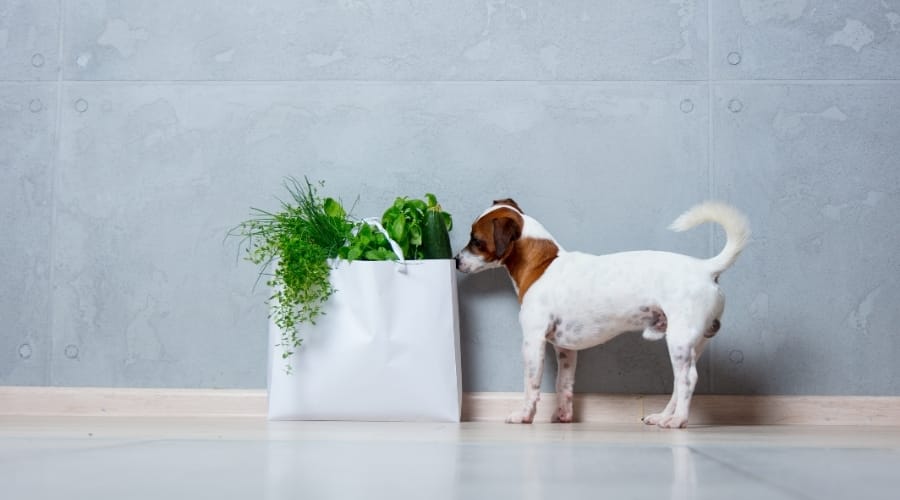
In the unfortunate event that your dog does consume onions, there are some steps you should immediately take. We’ve already recommended you contact your vet immediately, but you can take these steps while you wait.
Watch For Symptoms
Are they behaving normally? Are they breathing faster than normal? Has there been any vomiting or diarrhea? If your dog has pale gums, has collapsed, or is struggling to breathe, you need to head immediately to your nearest emergency vet. If your dog is bright, alert, and breathing normally, continue to step 2.
Prevent further access
Clean up any onion (or foods containing onion) from the floor to ensure that other pets don’t join in, and your dog doesn’t go back for more. This includes the trash can as the smell of onions, especially as part of a delicious meal, is extremely tempting for dogs.
Call Your Veterinarian
Given how severe the toxic effects of onion can be for our dogs, it’s best to seek veterinary advice as soon as possible. Remember small breed dogs and puppies only need to ingest a very small amount of onion to show signs of toxicity. Make sure you give your vet all the relevant information:
- Age, breed, health status (any known illnesses), and size of your dog.
- Amount of onion possibly eaten.
- Any other foods that might have been eaten.
- What time your dog ate the onion (or best possible estimate).
- Any signs of illness or unusual behavior.
If your vet is concerned your dog has ingested a toxic amount of onion, they will advise you to come down to the clinic. If your clinic is nearby, it may be worth going directly to the vet instead of waiting.
Calculate How Much Was Consumed
If you dropped a raw onion on the floor and watched your dog eat it, this is fairly straightforward. More often though the onion will be cooked or added to a meal. Try to remember how much onion went into the dish and how much of that your dog could have eaten. Check labels for onion, onion powder, or related foods such as garlic. If you think there is any possibility that your dog has eaten a toxic amount of onion (see above), or you aren’t sure, you need to call your vet.
Monitor Closely
Once your dog is home from the vet, follow all discharge instructions carefully. You’ll want to keep a close eye on your dog for any of the signs associated with onion toxicity (see above). This also applies if your vet thinks it is unlikely that your dog has eaten enough onion to be toxic, and has advised you to take a ‘wait and see’ approach.
Frequently Asked Questions
Here are some other questions that are commonly asked when a dog may consume onions. It’s worth noting, that this isn’t meant to be all-inclusive, and if you still have questions, contact your veterinarian.
What is the treatment for onion toxicity?
Your vet will take a thorough clinical history and perform a physical examination of your dog. If your dog has only recently eaten onion and is otherwise well, the vet may make them vomit to try to prevent the development of toxic effects, such as hemolytic anemia.
However, please don’t attempt this at home. Making a dog vomit is not a risk-free procedure and should only ever be attempted by a veterinary professional. They will give your dog an injection to do this as safely as possible. Home remedies for inducing vomiting in dogs are all over the internet. Many are unsafe and can restrict the help your vet can give your dog at the surgery. Activated charcoal may also be administered. This can help to bind any toxin that isn’t removed by vomiting so that it can pass through the gut without being absorbed.
How can I prevent onion toxicity and keep my dog safe?
Making sure your dog is unable to access onions in any form is the safest way to keep your dog safe and prevent onion toxicity. If you grow onions or any of the Allium family in your garden, make sure this section is fenced off. In the kitchen, make sure to avoid leaving food in places your dog might reach, such as coffee tables (and the kitchen counter for taller breeds!).
During food preparation, keep your dog away from the kitchen. In the event food is dropped, and make sure your trash can is pet-secure, or out of reach. It’s best to avoid feeding leftovers or ‘human food’ where possible, and if you do, check the ingredients for onion or onion powder before feeding it to your dog.
Final Thoughts
As we’ve mentioned, if your dog has eaten onions, your first step should be to call your veterinarian. Once you’ve figured out if you are in the clear, you’ll want to follow your vet’s advice to make sure that your pup is on the mend. As always, do your best to take proper precautions to prevent onion eating from happening in the first place. With a little luck, your pup will be fine if they decided to peel back an onion.
